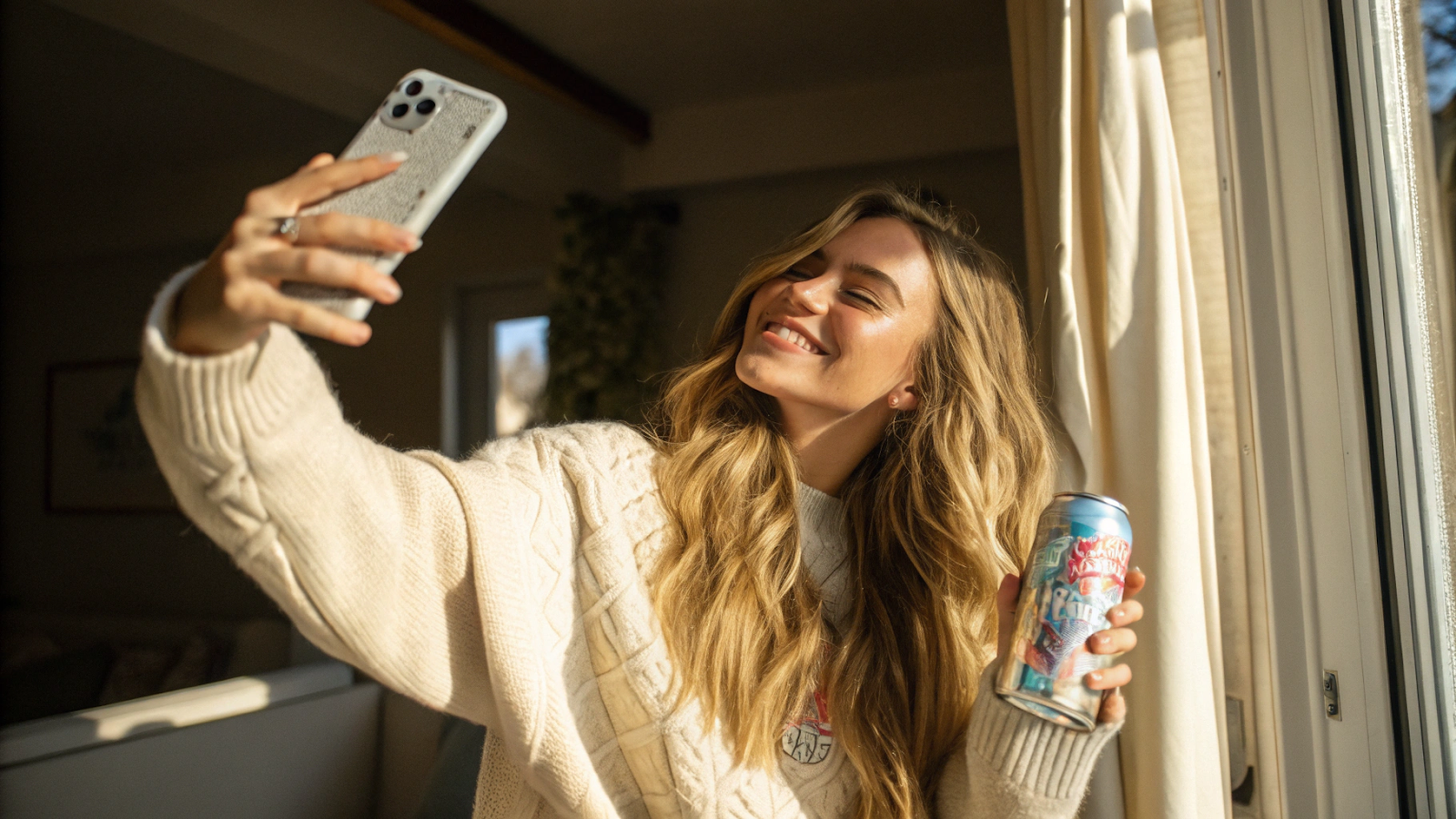It’s no secret that influencer marketing has evolved, but it’s extremely important to revisit the fundamental basics. We’ve put together a list of influencer marketing best practices to not only strengthen your existing influencer marketing strategy, but help you partner with the best influencers for your brand and develop meaningful relationships.
Influencer Marketing Best Practices
Identify your Goals:
As with any successful campaign activation, ground your team in the main goal so that KPIs are aligned and success is measurable. Before you even begin influencer outreach, align on your goals. Are you looking to increase brand awareness or are you looking to grow your content library? Website traffic? IG post saves? Engagement? Identify if you’d like to prioritize brand awareness (reach) or content creation (assets) so you can not only reach your goal but measure KPIs successfully.

Listen Up:
Utilize your existing social channels to identify conversations that consumers are already having. For example, is there consistency to questions people are asking as they slide into your brand’s DMs? Is there a larger campaign that can be built surrounding current conversations? Remember, social media is a two-way conversation. Use influencer campaigns to inform, address consumer needs and have a little fun with it at the same time.

Conceptualize your Campaign:
Align with your team on what type of campaign makes the most sense for your brand. Are you planning for an upcoming holiday? Are you in need of evergreen content? Is there an upcoming product launch? Before selecting the right influencers for the project, develop some foundational elements of your campaign. While the influencers can definitely drive a bit of the strategy, identify themes and initiatives so influencers will not only be excited to apply and participate, but also create awesome work.
Customize Outreach:
When identifying and vetting the perfect influencers for your program, it’s no secret that customized outreach will be more effective for your campaign. You don’t need to force it, but simply be authentic and share why you feel the influencer would be a great fit for your brand, and better yet, the specific campaign. Ask them to share their thoughts and experiences about the brand.
Ask Influencers Questions:
Sometimes agencies and brands forget that influencers are actual people. Think of it this way, it’d be bizarre for someone to offer a stranger a full-time job without asking a single question during the interview process and expecting that they will be successful. Ask them questions that can inform you if they are a good fit, or who knows, it could inform your entire strategy. For example, if they have a personal tie or story surrounding your product or service maybe there is an opportunity to extend the partnership and form an ambassador relationship with them. It’s important that they authentically have a connection with the brand as sometimes a forced influencer #ad can be harmful for a brand if it isn’t executed with authenticity and in line with the lifestyle and preferences of the influencer.
Align on a Consistent Look & Feel:
This is more than the aesthetic of your IG grid… it’s about being on-brand and representing your product or service in a smart way. If someone saw this piece of content and it were to stand alone, would consumers believe it aligns with your brand? Work with your team to design programs that align with your larger brand voice and strategy.
Explore their Feed:
Look at existing social content and identify which brands influencers have worked with before. What was the engagement on that content? Did branded content outperform other content throughout the feed? Are they someone who would realistically purchase the product or invest in the service? It’s important that their feed is not only a hybrid of what you aspire for the brand, but also that the target market of those who are likely to purchase would find the content relevant and engaging.
Keep it Brief:
Identify the right balance of being descriptive within briefs but also allow influencers and content creators the opportunity to flex their creative muscles. Brief alignment frequently results in fewer revisions and edits requested by brands.

Trust them:
This seems like a no-brainer but it’s challenging in practice. As advertisers, we sometimes forget that creators truly know their audience better than we do, beyond just stats and numbers. You hired them for a reason, so trust them and let them create authentic work. Find the balance between giving guidelines and brand details, while also letting them work their magic.
Test and Learn:
Regardless of what type of campaign you are running, it’s important to analyze content performance. Regardless if campaigns have been amplified with paid spend or if the activation was purely organic, identify themes of which strategies drove the most efficient results. For example, did micro-influencers outperform macro-influencers? Was there a specific category of influencers that outperformed others? Examine what worked and what didn’t to inform future campaign activations.
As marketers, we sometimes unintentionally make assumptions about which type of content or influencer partnership will drive the most impactful results for our brands. Use each campaign activation to not only increase awareness and receive high-quality content, but to inform and strengthen your holistic marketing strategy. These influencer marketing best practices should remind you to never underestimate the power and impact of influencer marketing.
Recommended Readings:
10 Influencer Marketing Tips for a Successful Campaign
Influencer Marketing Contracts: What to Include and Best Practices

















